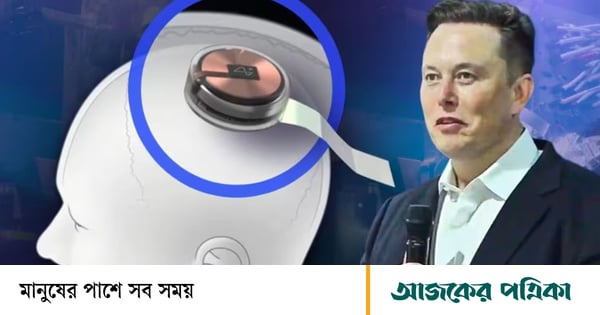Elon Musk's neurotechnology company Neuralink has received approval to implant a chip in the human brain for the first time outside the United States. The company has received approval to conduct human trials in Canada. The 'first and only surgical site' for the procedure will be Toronto Western Hospital in Canada.
In March of this year, Canada began the process of registering patients for brain chip replacement. But it is now actively seeking potential participants. X's post company said the registration process is still ongoing.
Under Neuralink's 'CAN-Prime' study, the company will implant the chip into a test participant's brain, so it can monitor the patients' neural activity. This chip can control the computer or smartphone through the brain. It will not require any physical activity. Neuralink says the study aims to evaluate the safety of the company's chip and surgical robot, and to evaluate the initial functionality of the brain computer interface. As a result, patients with quadriplegia or paralysis will be able to control a device with their thoughts. Anything learned from these tests will help the company find safer ways to safely implant the chip in the brain and improve the technology's effectiveness.
Earlier this year, Neuralink implanted the brain chip in 29-year-old Noland Arba for the first time. In a road accident, the lower part of his body was paralyzed. However, after implanting a brain chip, he is seen playing chess on a laptop. Using Neuralink's device, he is seen controlling the cursor through thought. But he also faced some complications. Some of the chip's fine wires or threads had moved away from the brain. But he seems to be doing well now. In a post on X, Noland said that he will soon challenge himself to use the chip for 72 hours to demonstrate the capabilities of Neuralink technology.
But Neuralink took remedial measures to prevent the delicate threads of the second patient's chip from slipping out of his brain. The patient was using computer-aided design (CAD) software just weeks after the chip was implanted.
Neuralink is specifically looking for patients who cannot or have limited use of both hands due to cervical spinal cord injury or amyotrophic lateral sclerosis (ALS) to participate in the Canadian trial.

